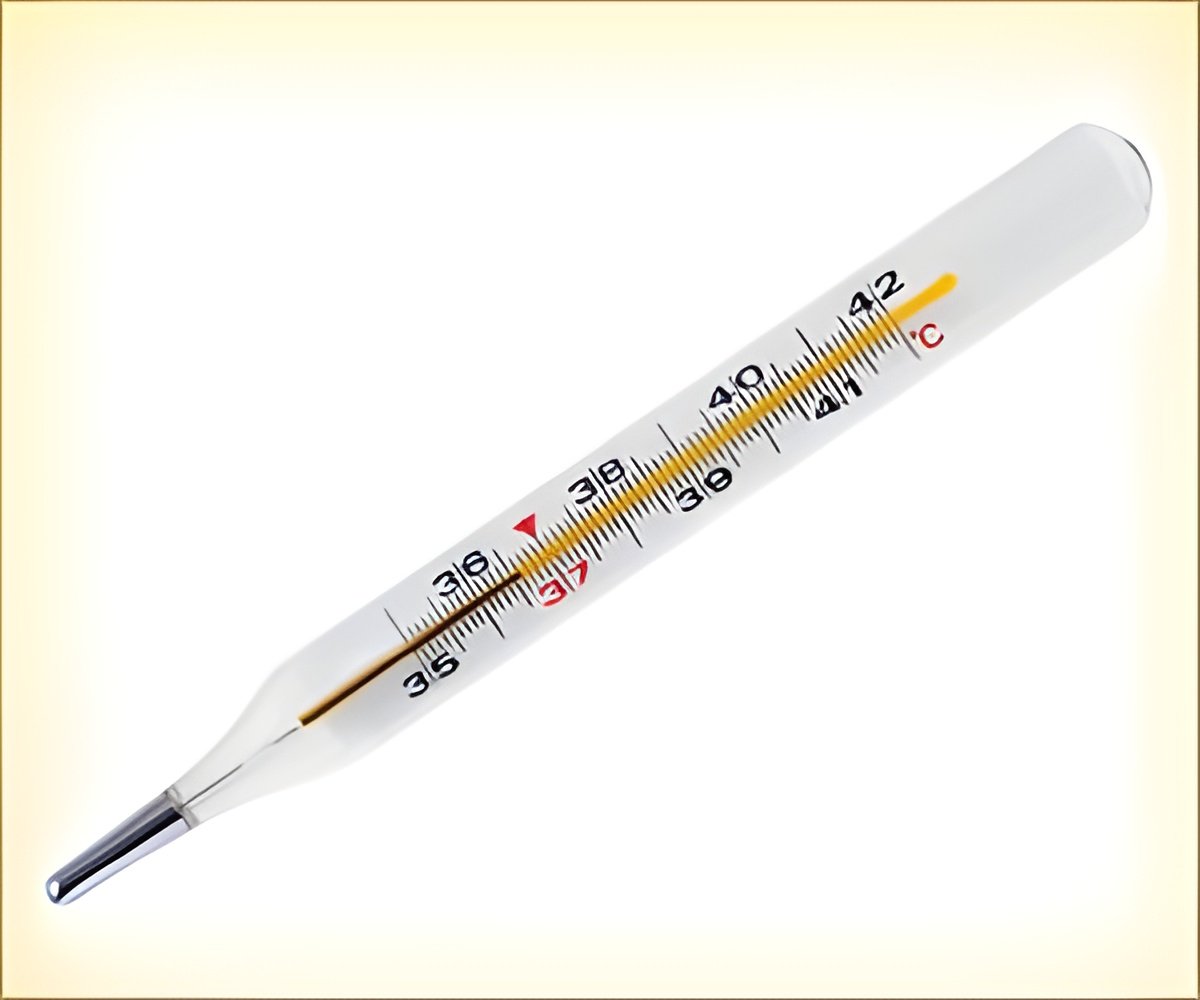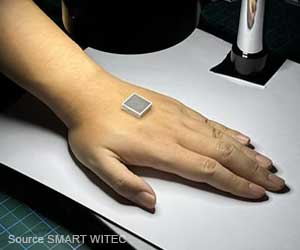The World Health Organization has launched a drive to try to wipe out mercury in medical thermometers.

Working with the campaign group Health Care Without Harm, the UN agency said it aims by 2020 to eliminate mercury from fever thermometers, as well as blood pressure devices which use it.
It explained that the goal would be achieved if the manufacture, import and export of such devices was halted, and accurate, affordable, and safer non-mercury alternatives were deployed.
The location was highly symbolic, as Minamata was the scene of a mercury scandal exposed in the 1950s.
Tens of thousands of people were poisoned -- around 2,000 of whom have since died -- by eating fish and shellfish taken from waters polluted by discharge from a local factory.
The Minamata Convention on Mercury, which is the world's first legally binding treaty on the highly toxic metal, will take effect once ratified by 50 countries, something the UN expects will take three to four years.
But it stipulates that countries can continue to use mercury in medical measuring devices until 2030 under certain special circumstances.
Mercury and its various compounds are of global public health concern and have a range of serious health impacts including brain and neurological damage especially among the young, it said.
Other risks include damage to the kidneys and digestive system.
The WHO said its campaign would also tackle mercury antiseptics and skin-lightening cosmetics, seek to phase out its use in dentistry, and help deal with the health impact of its use in small-scale gold mining.
The latter area is a major concern for environmental groups, which say the Minamata Convention stops short of addressing the issue even though mercury threatens the health of miners, including child labourers, in developing countries.
Source-AFP
 MEDINDIA
MEDINDIA




 Email
Email



